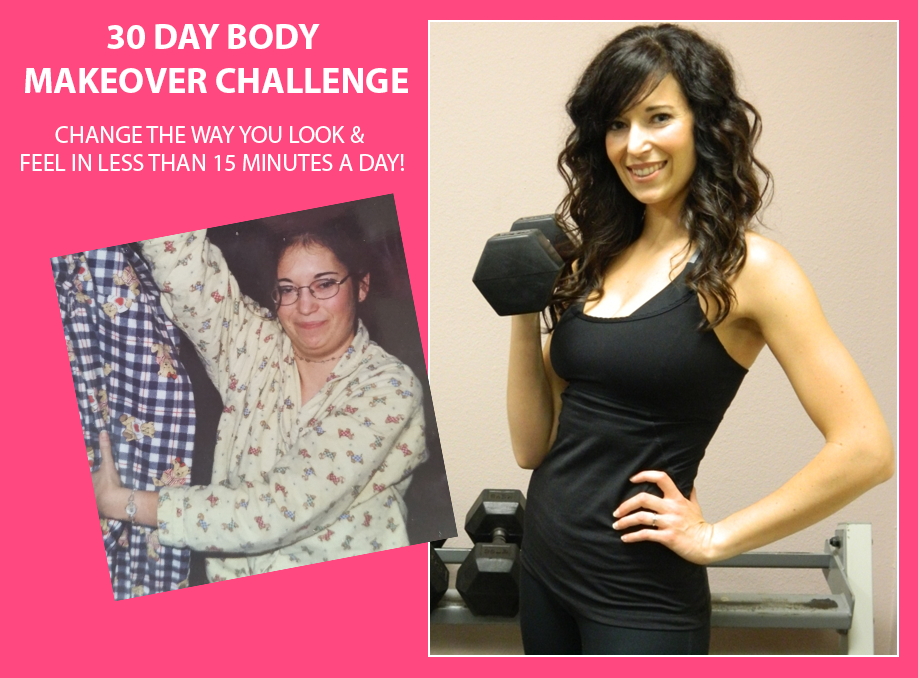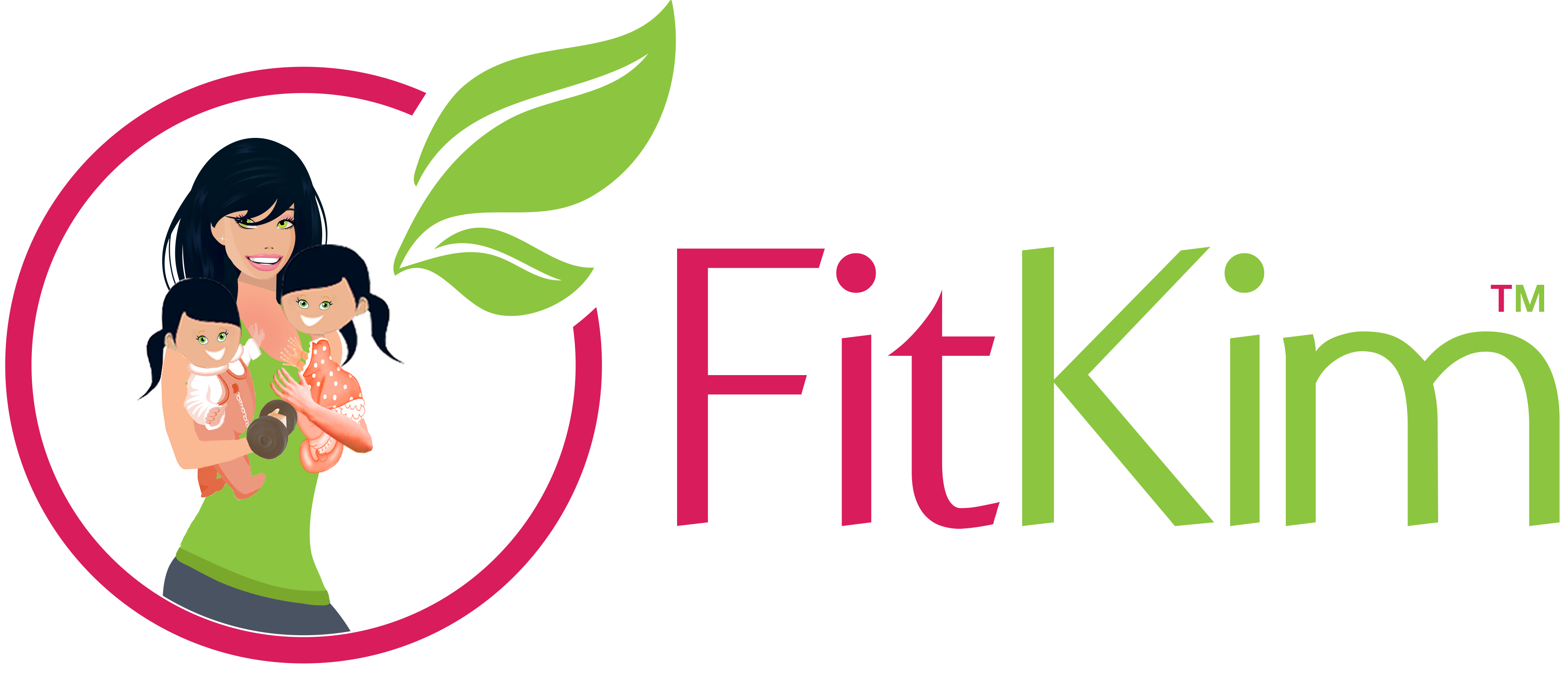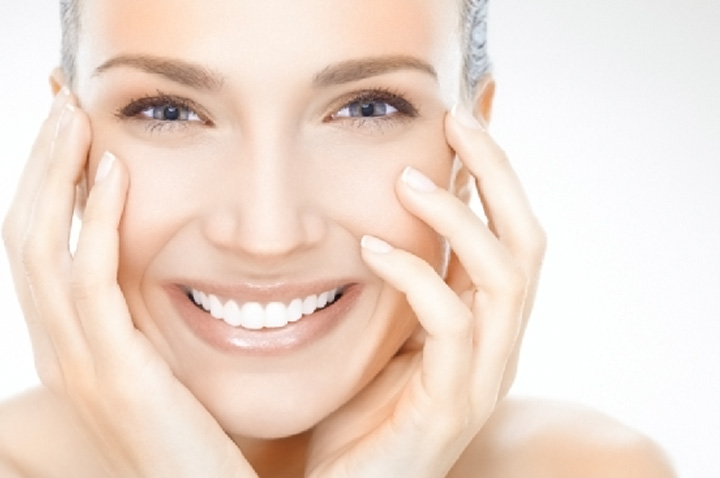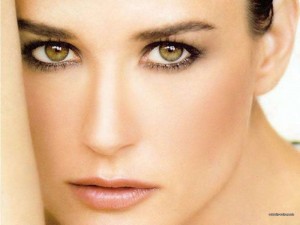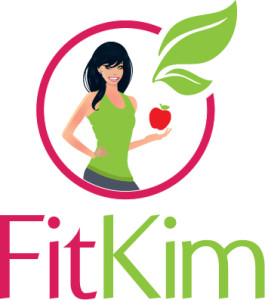It’s usually not until we hit our early 30’s before we really start to notice more and more wrinkles popping up, strands of gray hair and some extra jiggle in our bodies. What we fail to realize is that everything we do in the previous decade is what we will see years later. Here’s what you can do to ensure healthy aging in your 20’s, 30’s, 40’s and beyond!
In our 20’s, we feel invincible. We still have great skin, toned bodies and can get away with poor eating habits and no exercise. What we cannot see just yet is what this will mean in our 30’s. I find that clients tend to do the most damage to their bodies and health in their 20’s (think night after night of college parties!). However, there are key things you can do to avoid this.
As we all know, it is much easier to maintain your weight than try to lose weight after you’ve gained it. Post high school, remember to maintain your level of fitness as soon as you begin college. Join a gym immediately and plan at least three workouts each week around classes. And don’t tell me you don’t have time-I know freshman year is affectionately known as nap time. As far as nutrition, only opt for the cafeteria meal plan if there are plenty of healthy options. Otherwise, your chances of gaining the Freshman Fifteen quadruple (trust me-I gained it twice!). I would recommend taking a few cooking classes or watching YouTube videos just to learn the basic. My book, The FitKim Lifestyle, is a good starting point. If you can scramble eggs, make a salad and learn to bake chicken and fish, you’ll be good to go. In your 20’s, you are still growing and developing-sounds crazy, but it’s true! At this point, a general approach to nutrition is best. Make sure you’re taking a multivitamin and multimineral. Also, address any health conditions you may have so you can remedy them right away.
Often, a lot of life-changing experiences occur in your 20’s-starting your career, getting married and even having children. Stress-management techniques such as regular fitness and adequate sleep will prove to be beyond beneficial.
30’s
As someone in their 30’s, I can tell you that you can feel like you’re in your 20’s if you take good care of yourself. On the other hand, if you weren’t too good to yourself in your 20’s, you may look your age or older. Most commonly, I find 30-somethings longing to have a toned body again. Either they didn’t have good habits in their 20’s or are trying to lose baby weight.
If you are in your 30’s and have fallen out of healthy eating habits and haven’t worked out in years, I would enlist support. You have created negative habits and it will take hard work to change them. A nutritionist or personal trainer can do wonders for supporting you and holding you accountable.
On the nutrition and fitness side, what you do in your 30’s will set the stage for the rest of your life. For whatever reason, we have great hope and desire for change in our 30’s, so take advantage of that motivation. Make sure you incorporate strength training because muscle mass declines each decade and our metabolism can gradually become less efficient. In addition, I would work on rebuilding your digestive system with a cleansing, daily fiber and digestive enzymes.
Your 30’s are also often the beginning stages of serious illness later on in life. So if you find that you have high blood pressure, high cholesterol or are pre-diabetic, make healthy lifestyle changes right away.
My 40-something clients often say they have always been able to lose weight quickly if they put their mind to it until they hit forty. All of a sudden, they feel the weight creeping on and find it hard to get rid of it.
In our 40’s, our body’s muscle density decreases and the fibers become more sensitive to tearing. With less muscle, we are burning less calories at rest, leading to possible weight gain. For fitness, I would recommend focusing on three areas-cardiovascular, strength training and flexibility (such as Yoga). This will help build and maintain muscle lost, manage calorie balance and reduce injury.
Another common theme at this age is more sleeplessness. Research suggests this is due to hormonal changes, so focusing on adequate sleep is a must. Create a routine of when you go to sleep and wake, avoid stimulating activities an hour before bed (TV, internet, etc.), and shoot for 7-8 hours each night.
Two important supplements come into play at this stage in life-a multivitamin and a calcium supplement. Our ability to break down and absorb nutrients can decline as we age, so a multivitamin can fill in these gaps. Also, the calcium in our bones reduces as estrogen levels decline. For a calcium supplement, go with liquid, it is absorbed 80-90% better than tablets and capsules.
As you can see, there are various health aspects we need to focus on depending on our age. By caring for ourselves properly, we truly can be healthy at any age.
*The information on this site is designed for educational purposes only and has not been evaluated by the Food and Drug Administration. It is not intended to be a substitute for informed medical advice or care. You should not use this information to diagnose, treat, cure or prevent any health problems or illnesses without consulting your pediatrician or family doctor. Thank you!
~by Kimberly Olson
About Me

